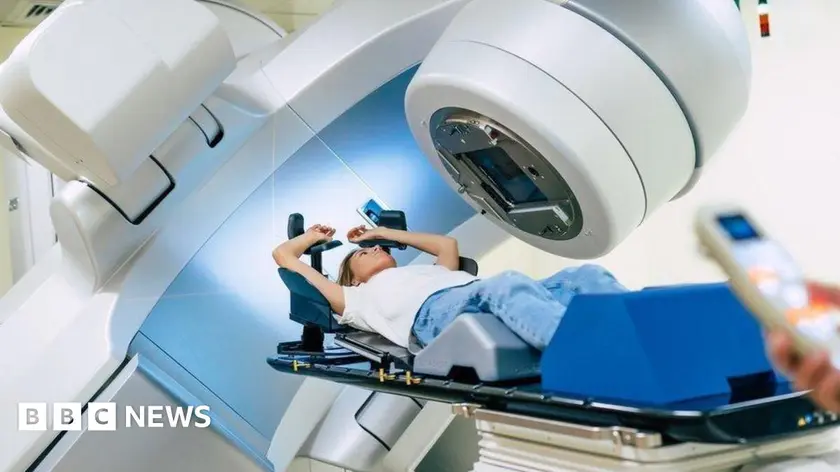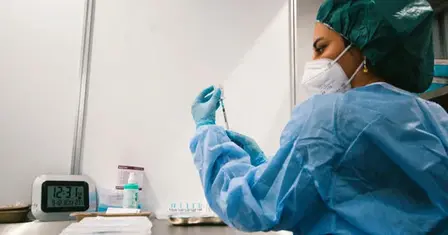T4K3.news
Cancer survival improves as delays threaten progress
A long term study shows gains in cancer survival but warns that longer waiting times hinder progress for the deadliest cancers.

A long term study shows gains in cancer survival but warns that longer waiting times hinder progress for the deadliest cancers.
Cancer survival improves as delays in diagnosis slow progress for deadly cancer types
Researchers led by the London School of Hygiene and Tropical Medicine analyzed 48 years of cancer data from England and Wales (1971 to 2018). The study found the 10 year cancer survival index rose from 23.7% in 1971 to 49.8% in 2018, marking substantial overall progress. Yet the pace of improvement has slowed recently. From 2000/01 to 2005/06 the CSI increased by 4%, while between 2010/11 and 2015/16 the gain was only 1.4%. Survival varies sharply by cancer type, with testicular cancer at 97% 10 year survival and pancreatic cancer at 4.3%.
Screening programs have lifted survival in some cancers. Breast cancer now sees 10 year survival around 76.6%, bowel 53.9%, and cervix 63.5%. By contrast, stomach cancer shows 16.1%, lung 10%, and brain 19.2% survival figures, illustrating uneven progress across the disease. The authors say delays in diagnosis and treatment help explain the slower overall gains. Cancer Research UK has urged a national cancer plan to cut waiting times and close gaps. The study appeared in The Lancet and was funded by Cancer Research UK.
Key Takeaways
"Thanks to research, most patients today are far more likely to survive their cancer than at any point in the past."
Statement by Michelle Mitchell, Chief Executive of Cancer Research UK.
"It's vital that the government provides the political and financial support to ensure we maintain this crucial data."
Statement by Michel Coleman, LSHTM epidemiologist.
"We are prioritising cancer care as we turn around more than a decade of neglect of our NHS."
Department of Health and Social Care spokesperson.
"The National Cancer Plan is a chance to improve NHS cancer pathways and reap the benefits of new research the Government must take it."
Statement by Michel Coleman on plan implementation.
The numbers reveal real gains in survival, but not evenly spread. Cancers that benefit from screening and early detection show bigger improvements, while those that are harder to detect or treat lag behind. That pattern underscores a stubborn link between health system capacity and outcomes. If waiting times persist, the gains from new therapies and personalised treatments may not reach all patients.
Policy choices now matter. The autumn National Cancer Plan is framed as a turning point, but its impact will depend on funding and concrete targets that speed up diagnosis and treatment. While official figures point to progress, public trust hinges on delivering faster care and reducing variation between cancer types. Turning data into timely care is the true measure of success for the health system.
Highlights
- Survival gains are real but delays cost lives
- Time is a disease that harms progress
- Equity across cancers remains a stubborn fault line
- Turn research into real access for patients
Budget and political risk overhang on cancer care policy
The analysis ties survival gains to health service capacity and timely care. Delays and funding commitments become political and budget questions, affecting public trust and policy execution.
Momentum must translate into real access for every patient.
Enjoyed this? Let your friends know!
Related News

Cancer survival progress stalls after decades of gains

Cancer survival progress slows in UK

IO Biotech melanoma trial signals strong PFS but misses primary significance

mRNA research funding under fire

Young Americans face higher rectal cancer risk

Misdiagnosis delays treatment in a young breast cancer patient

Health alert issued for Gulf Coast Vibrio cases

Psilocybin shows promise as an anti-aging treatment
